About us
Two countries
with(out) a border!
Germany and the Czech Republic, two countries in close proximity, with the longest neighboring border from the German perspective, but how well do we really know each other?
The Bremer Bündnis für deutsch-tschechische Zusammenarbeit e.V. (Bremen Alliance for German-Czech Cooperation) is committed to creating even more links between the countries, connecting people from the worlds of art, culture, society, education and science, or simply in their private lives. We are united by the joy of language – be it German, Czech or something completely different.
Since 2016, we have been developing creative formats and ideas to get to know each other even better and promote cooperation. Bremen has a vibrant Czech culture. We make it visible.
What makes us special
Our values: diversity, respect and peaceful coexistence. These are also our goals and that is why we are going out: to promote international contacts, democracy and commitment against racism, discrimination and extremism. Stereotypes? Not with us. Let’s talk to each other. Not about each other.
Are you in? Then take a look.
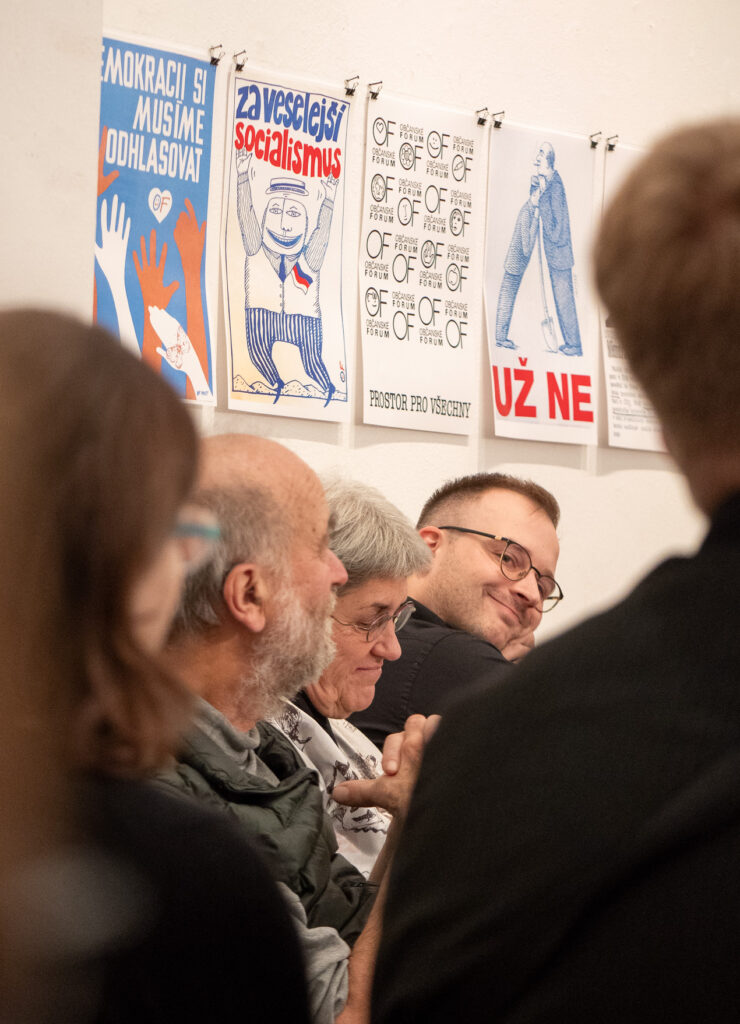
Who we are
Would you like to know who is behind the alliance? Who makes plans, networks, develops ideas and plans diligently? We are a small team with different professional backgrounds and bring together our experiences, perspectives and points of view. Heart and soul for the cause? Sure, we have it. In fact, we have a lot.
Want to find out more? Here’s a look behind the scenes. Just click on the photo and find out more.
Our team
We stand for the Bremen Alliance
Our advantages as a team
Diverse
expertise
Our team consists of dedicated people with different professional backgrounds and experience. We contribute our individual skills and perspectives. Our projects: Organically grown diversity.
Common
values
Tolerance, equality and a passion for social commitment. We work on the basis of respect - with each other, for each other and for the projects that are close to our hearts.
Experience & professionalism
We have many years of experience in projects and campaigns against discrimination and for democracy. We implement the goals of the association professionally.
Open & creative collaboration
We maintain an open exchange and a positive working atmosphere within the team. New ideas and innovative approaches are discussed in a supportive environment and projects are successfully implemented.
For me, the Bremer Bündnis für deutsch-tschechische Zusammenarbeit e.V. means more than just understanding between two countries: Cohesion, discovering cultural diversity, strengthening community, being in exchange. More important than ever, especially in the current times!
Libuše Černá

We thank
The Bremer Bündnis für deutsch-tschechische Zusammenarbeit e.V. is supported by
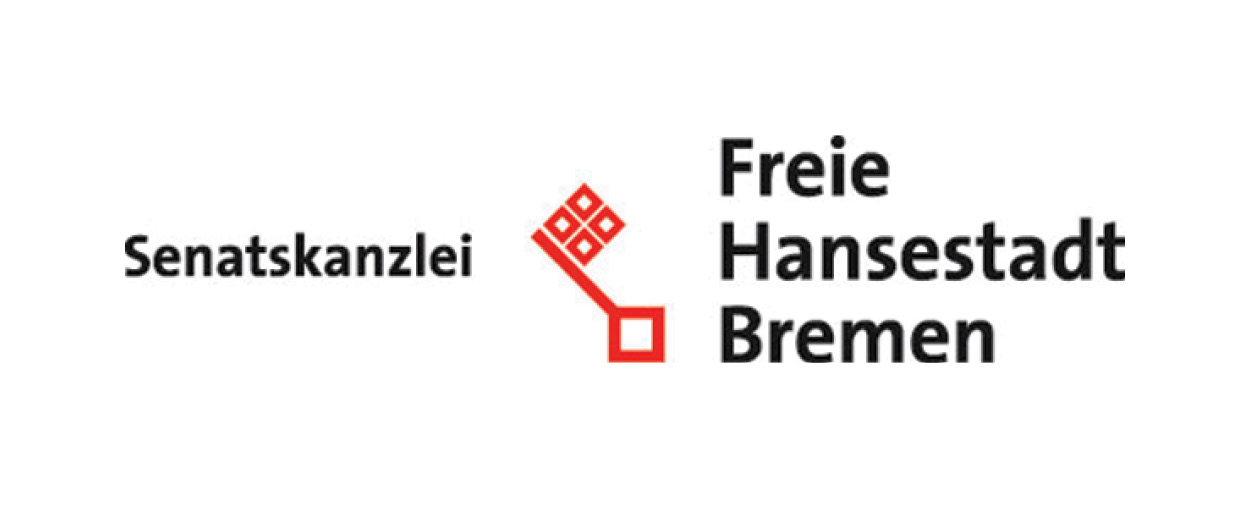


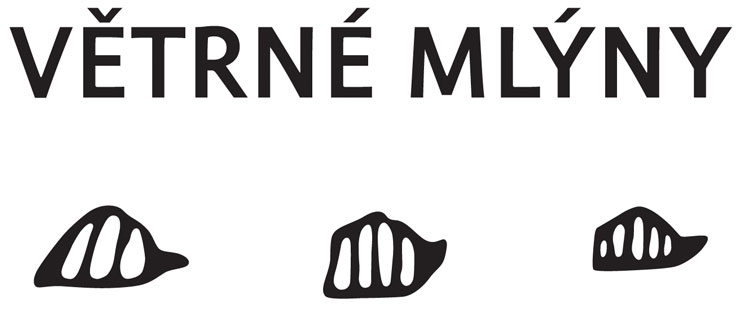

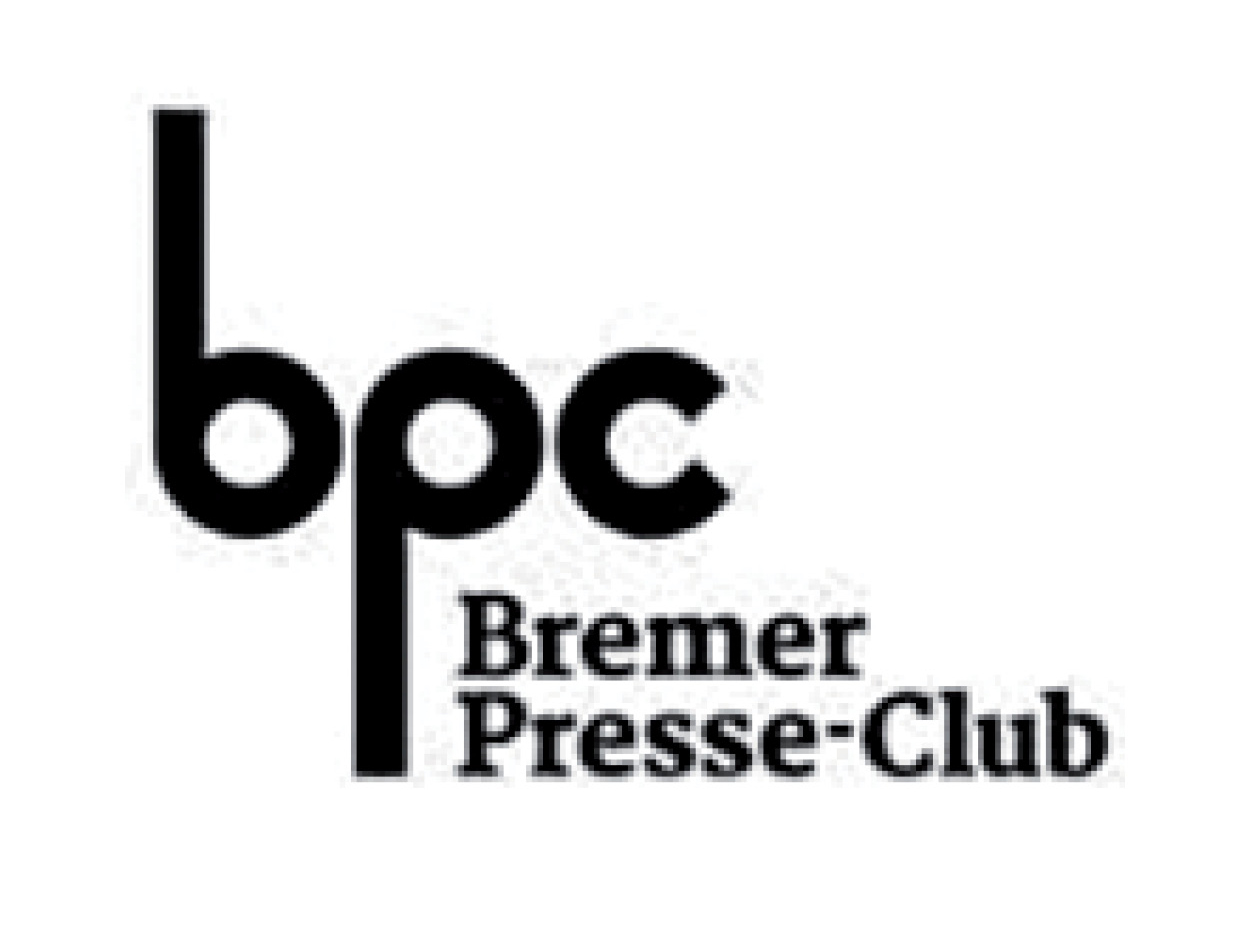

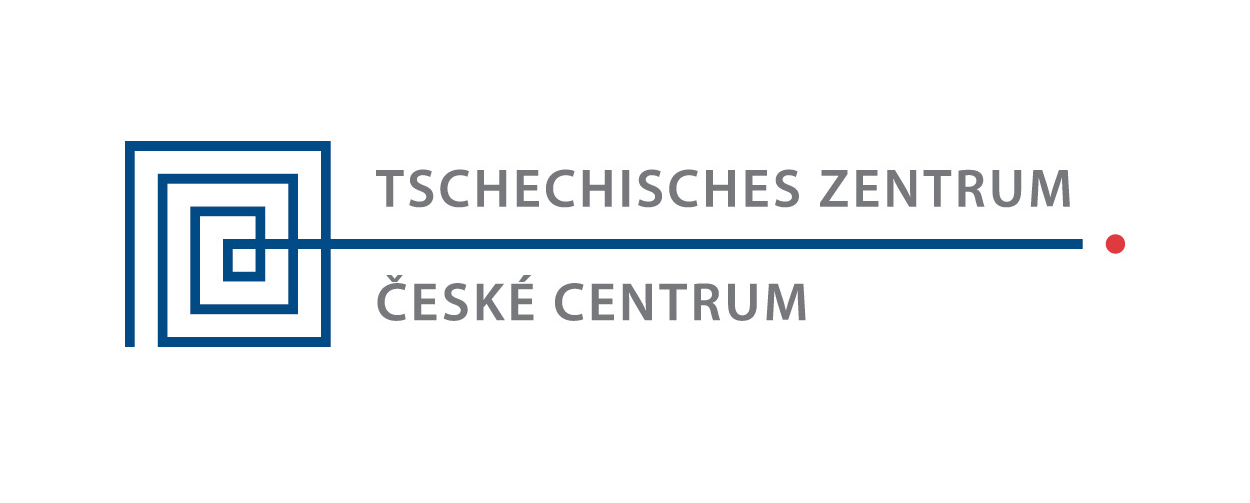
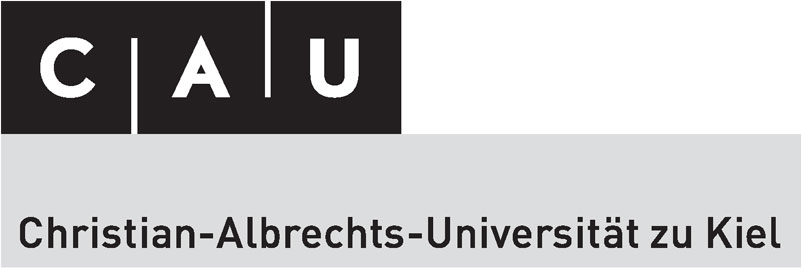
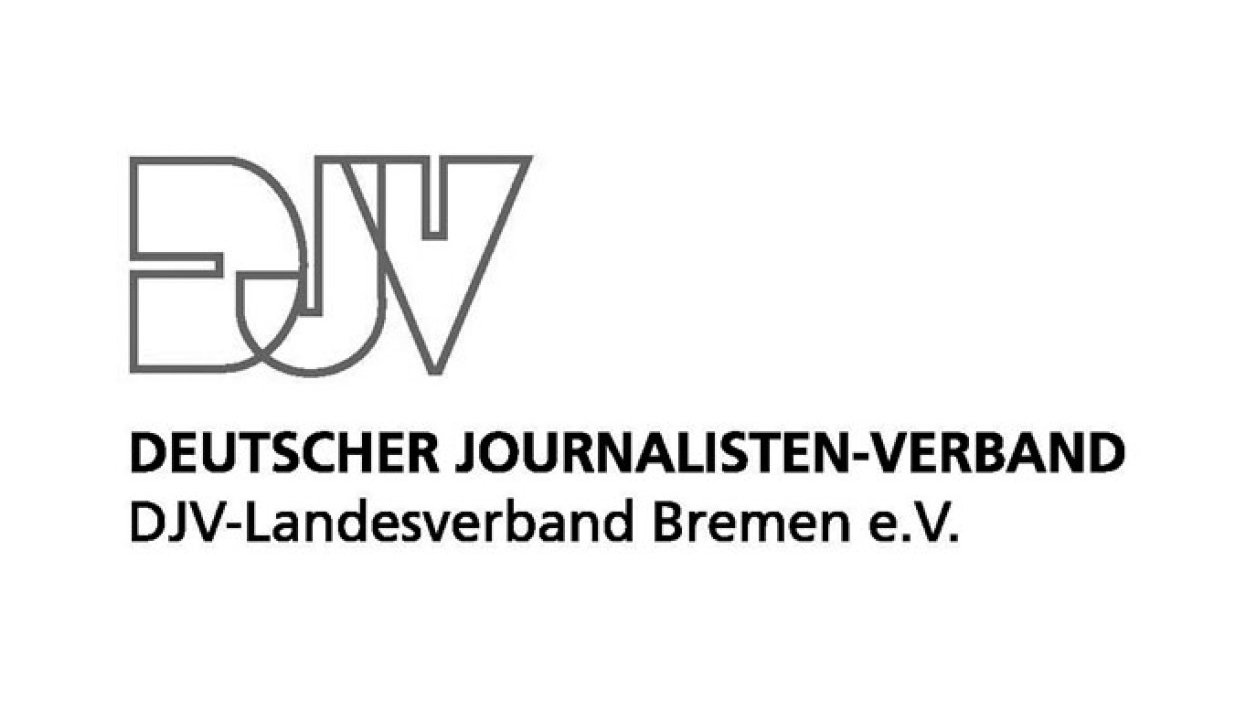
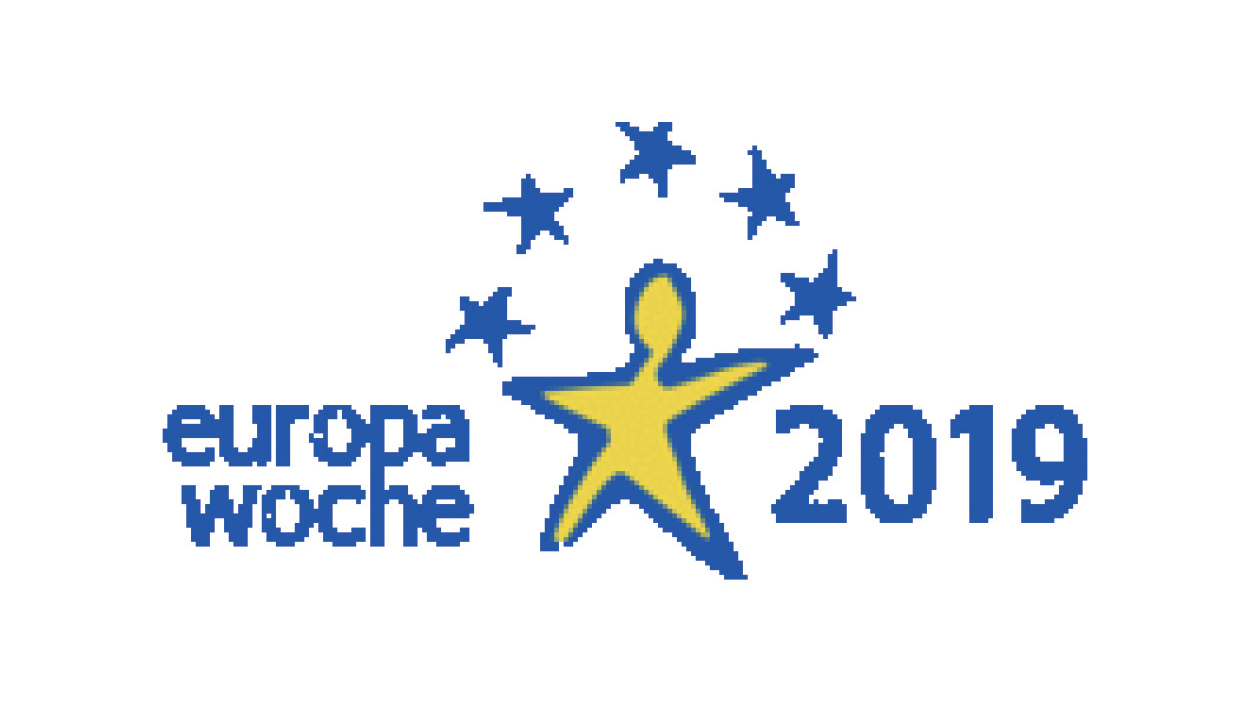

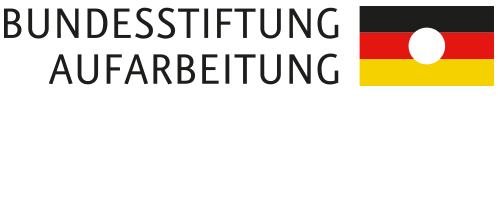
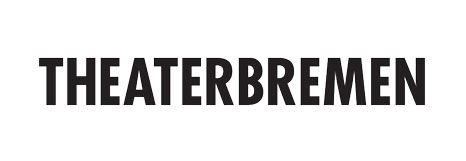

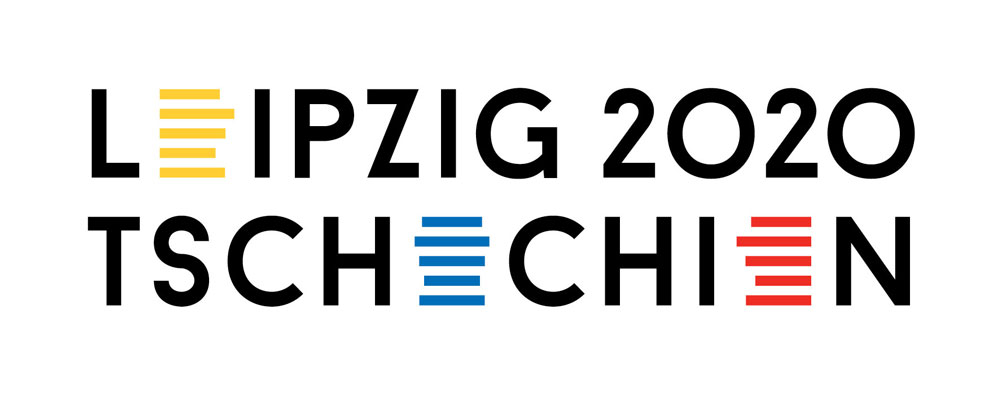
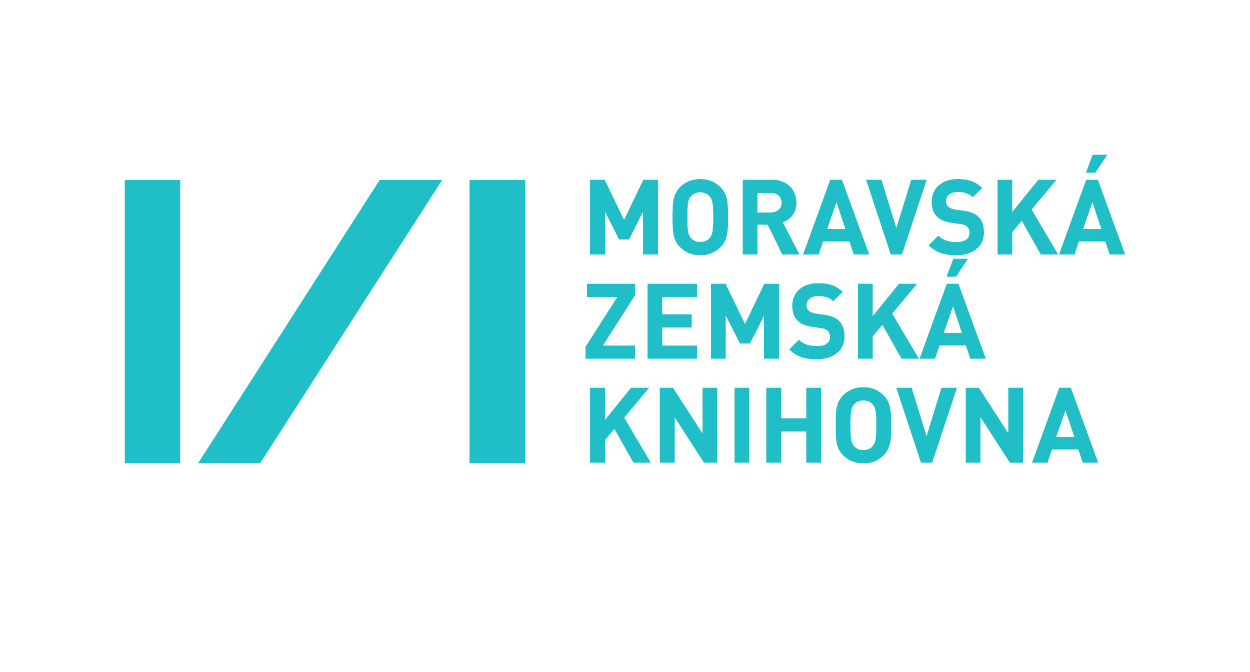

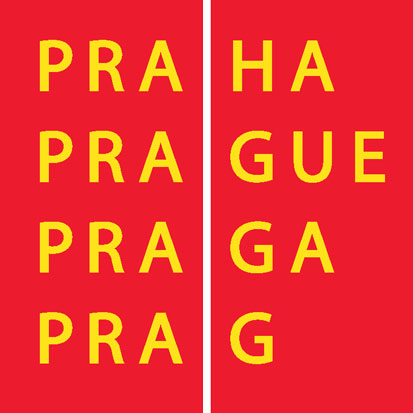
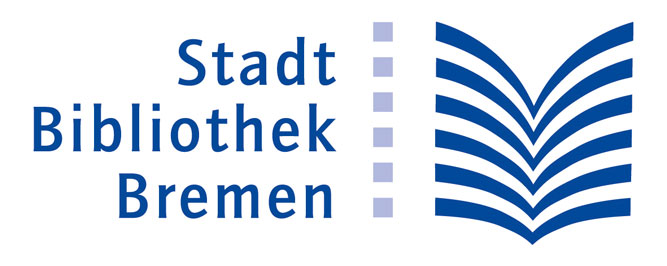

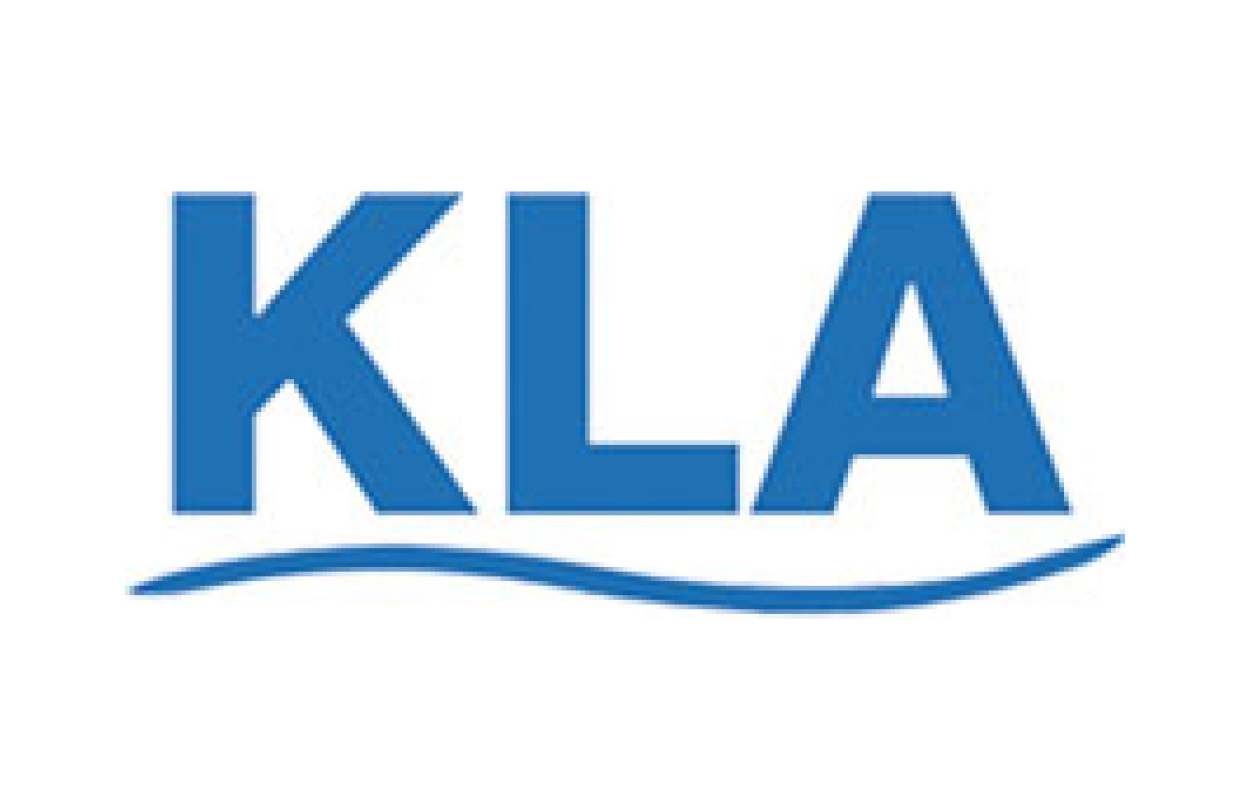
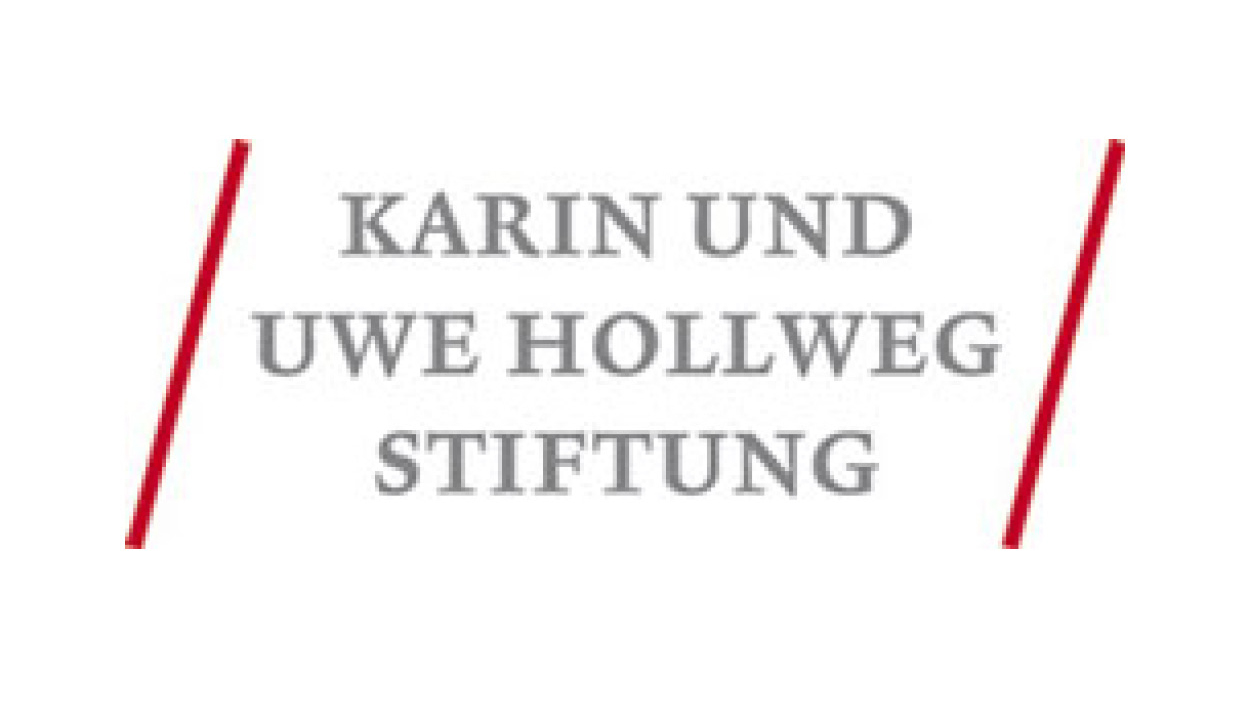
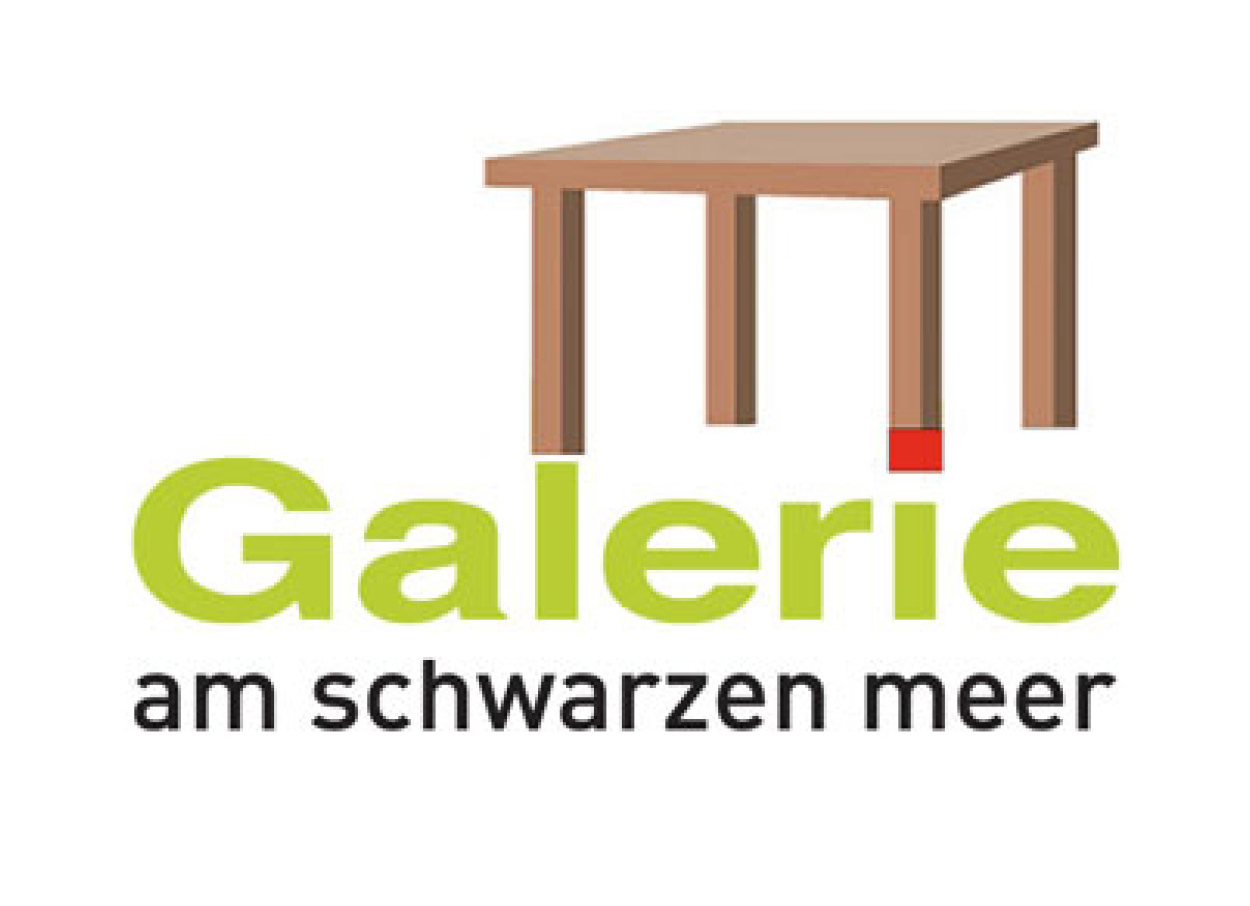
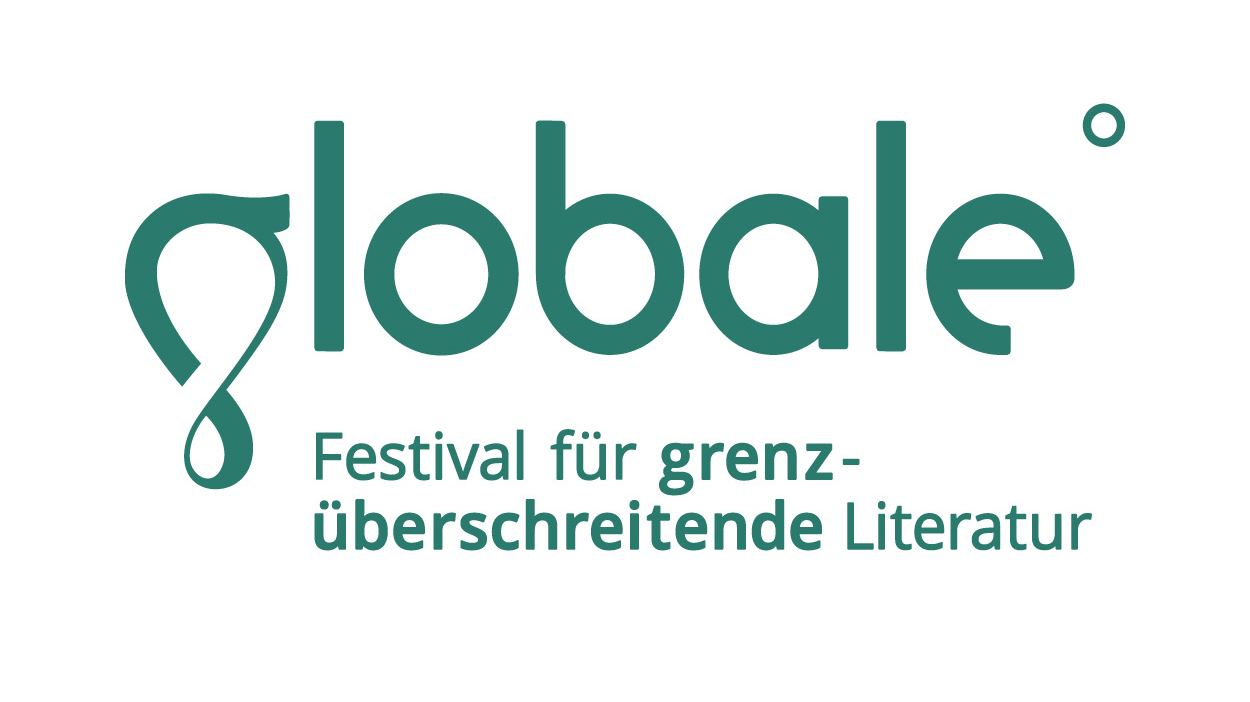
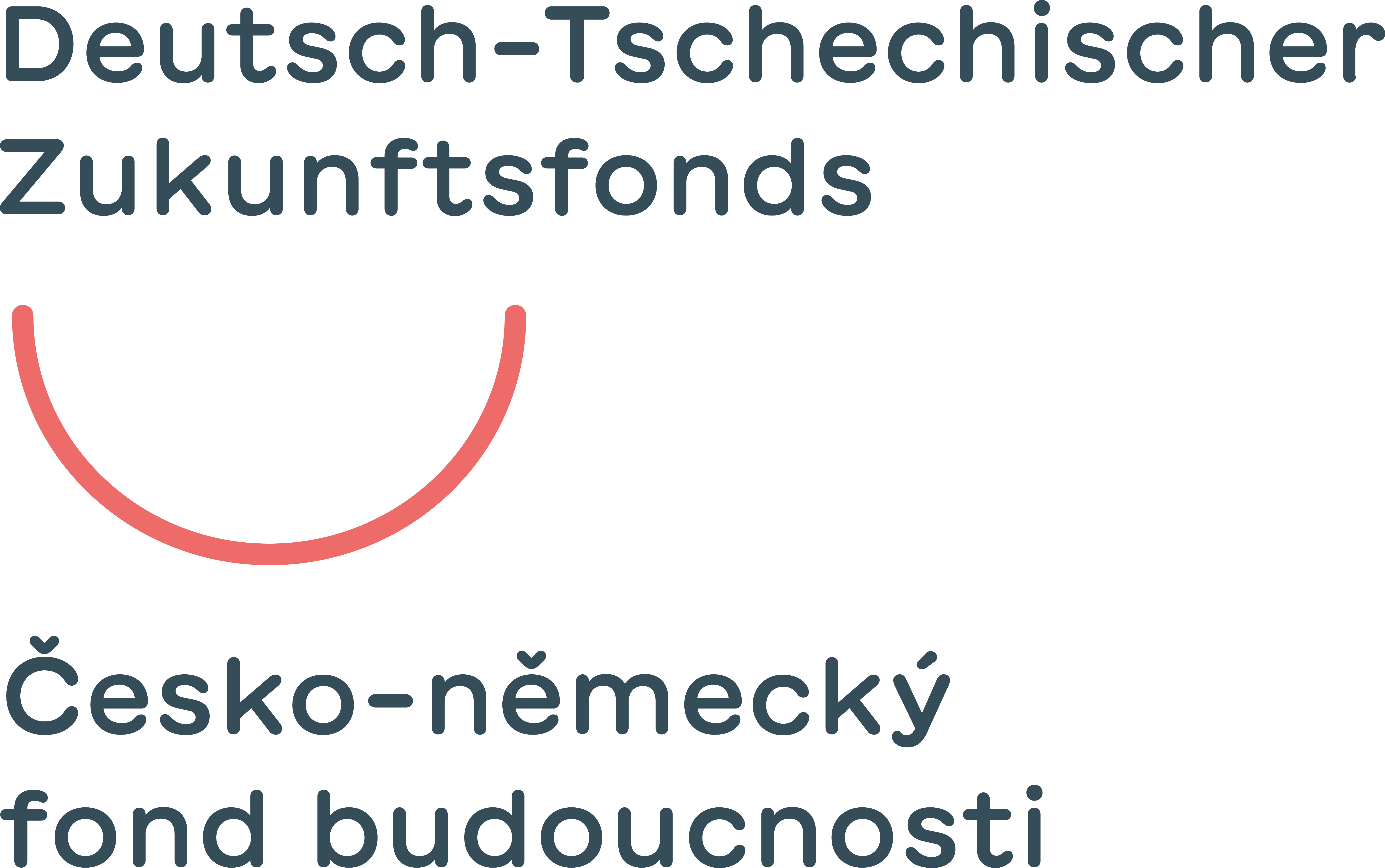





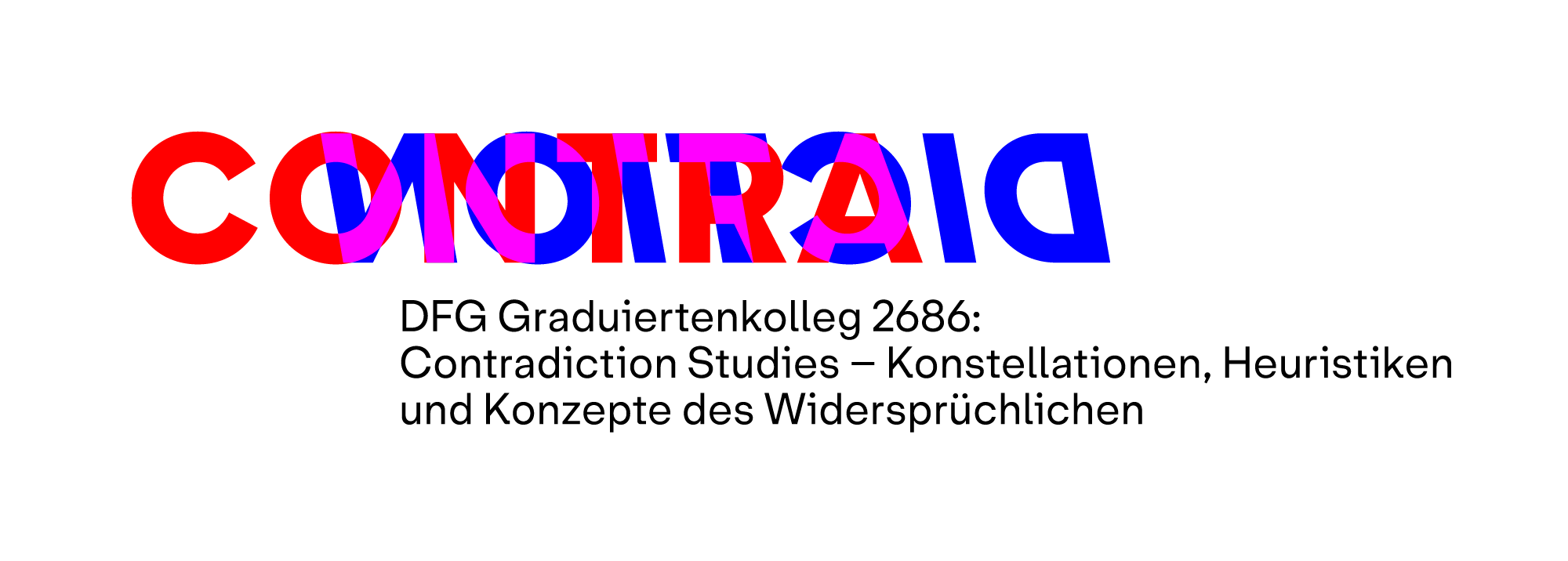


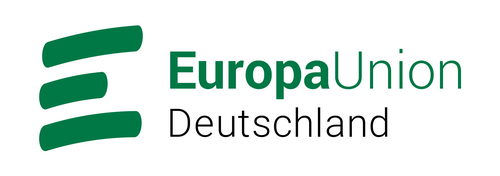
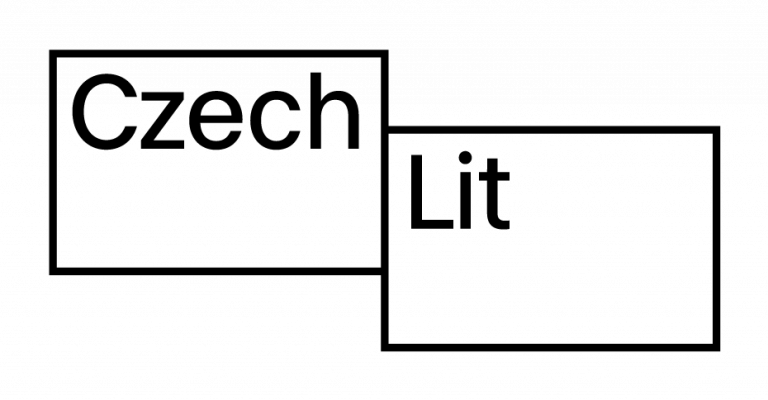
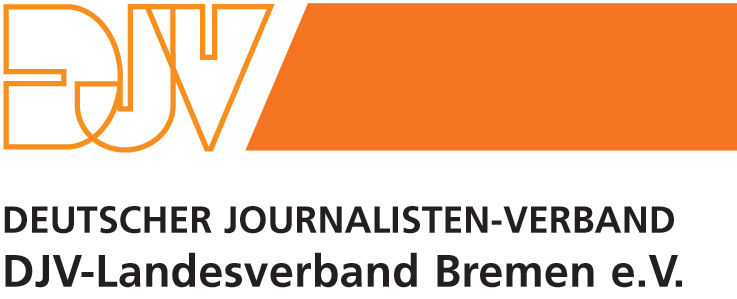

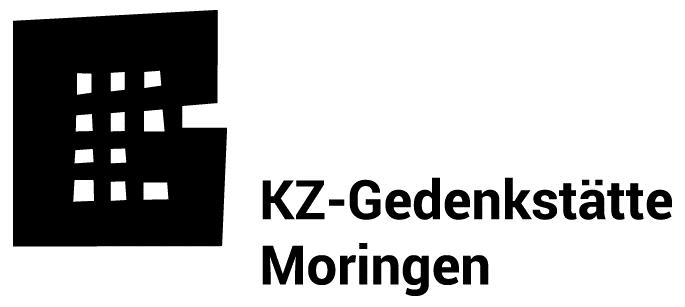


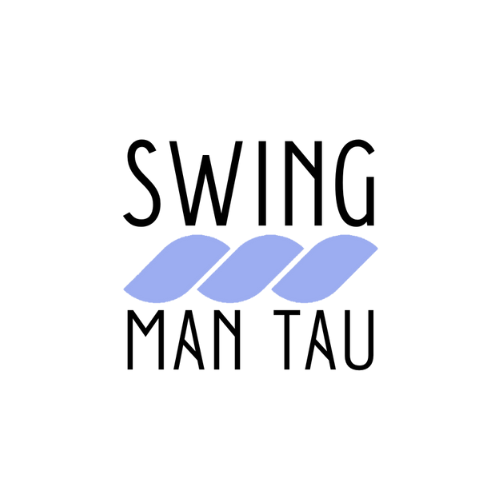
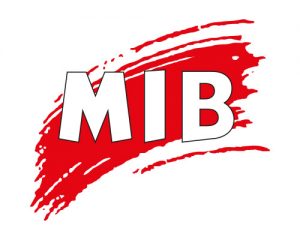
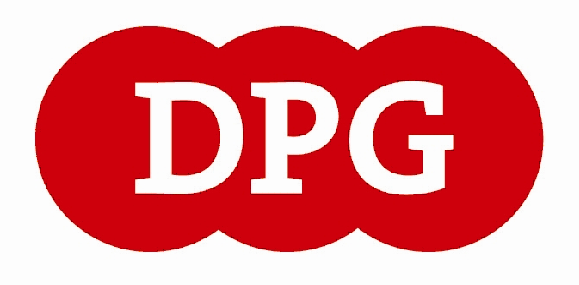
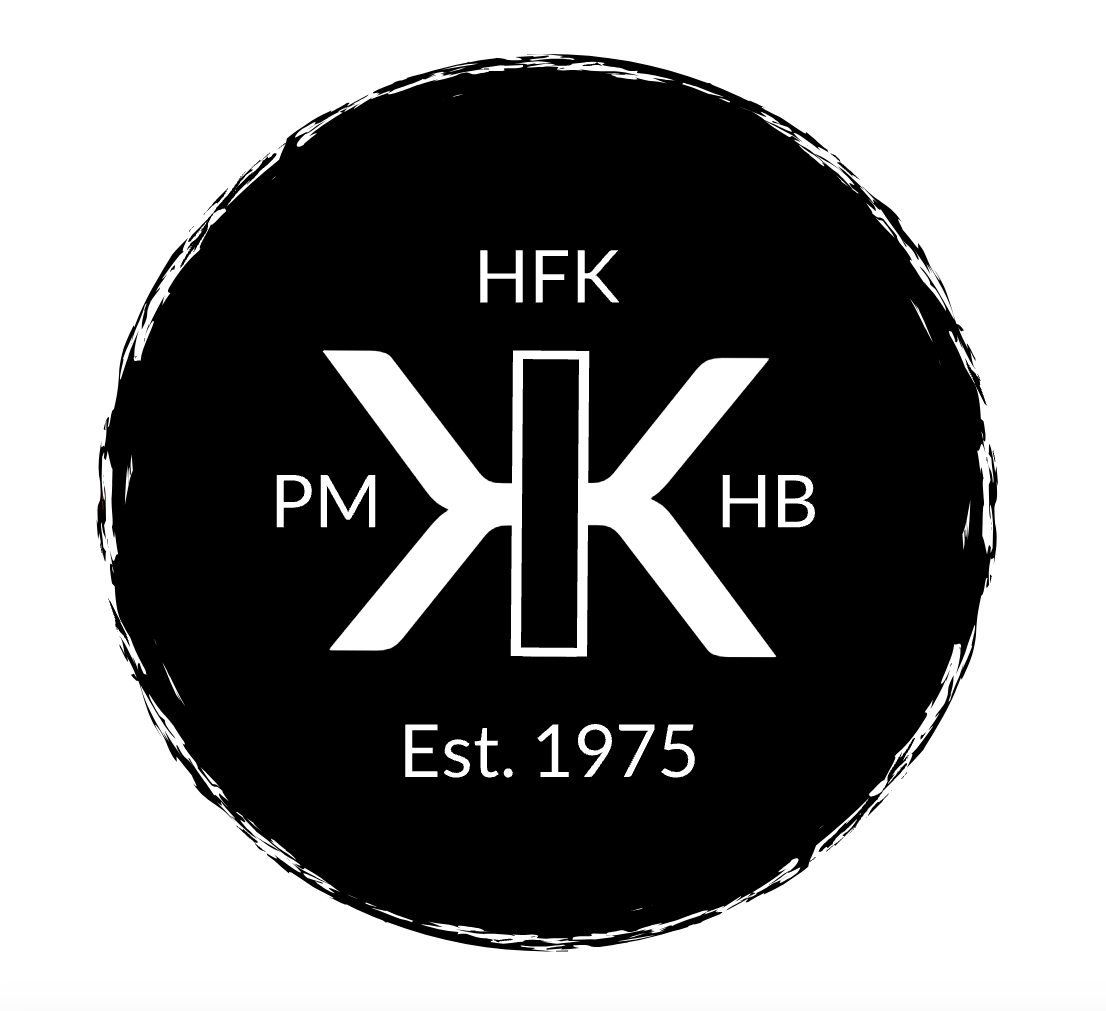


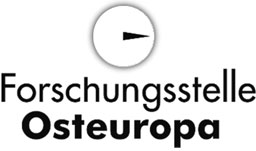
Follow us
on Insta!
We look forward to any kind of participation and support. Be part of the projects, visit our events, support the association. And most importantly: pass it on!

© Bremer Bündnis e.V. | 2024-2025 | All rights reserved.
